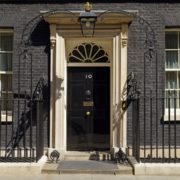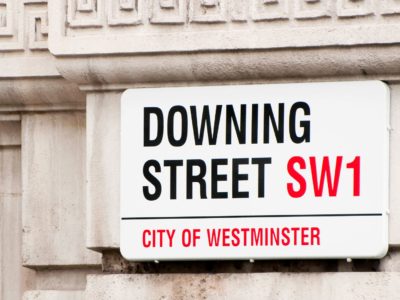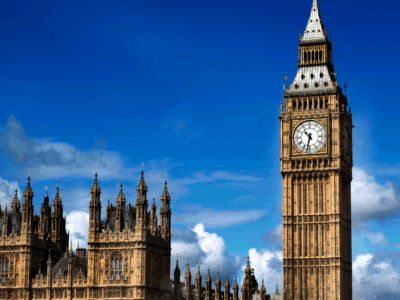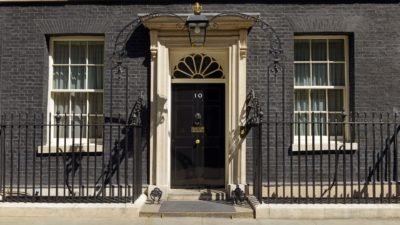Half of all lettings agents recorded a rise in rental prices in October, but this figure had fallen by eight percentage points, as compared to September, according to a new private rented sector (PRS) report by ARLA Propertymark.
Demand within the PRS from prospective renters was estimated to have remained stable, and the number of landlords exiting the market remained in-line with the previous month.
This all came as the number of tenants sucessfully managing to negotiate rent reductions grew from 1.2 per cent to 1.6 per cent, indicating that renters were having greater luck in bringing down their overall rental bills.
Rental stock rises in October
ALRA Propertymark’s PRS report for October found that there was an increased supply of rental housing stock, with the number of properties managed by lettings agents per member branch growing to 201 on average.
London was found to have the lowest number of rental homes per member branch, with an average of 128, indicating a squeeze on renters looking for a suitable rental property in the capital this autumn.
In contrast, Scotland had 280 rental homes per branch, indicating substantially higher supply.
Branches reported having an average of four landlords selling buy to let (BTL) properties, unchanged from September, with an average of 72 prospective tenants registered, suggesting that there had been no major change in supply and demand.
Tenancies grow marginally longer
The report added that the average length of a tenancy had grown marginally from 19 months in September to 20 months in October, while void periods, or the average times when properties remained empty between tenancies, remained steady, at three weeks.
David Cox, chief executive of ARLA Propertymark, commented on the report: “This month’s figures show some temporary relief for tenants; however, while the number of landlords increasing rents has fallen, year-on-year, the figure remains worryingly high.”
The political climate was addressed, with Mr Cox adding: “For far too long, successive governments of all political persuasions have passed significant amounts of complex legislation for landlords, making the BTL market a less attractive investment, and this, coupled with Brexit uncertainty and a looming general election, has left the sector strained.”
Mr Cox concluded that he expected rents to remain high in the coming months.
The election campaign now enters its final fortnight, with the Conservative poll lead over Labour shrinking, according to the latest data from Britain Elects. When the snap election was called in early November, the Conservatives had the advantage of a double-digit lead over their opposition.
This suggested a Conservative majority government was highly likely, but a number of polls suggest it has dropped into a single-digit lead.
Manifestos have now been published, and an intense period of door-knocking and leafletting is taking place across the country, with all three main parties including a number of ideas aimed at reforming the UK housing market in their respective manifestos.
Some of these ideas include raising council tax on empty properties to increase housing stock in Newark, as proposed by the Liberal Democrats, or the scrappage of Section 21 across the UK, as proposed by the Conservatives, Labour and Liberal Democrats, to ensure an end to no-fault evictions.























Comments